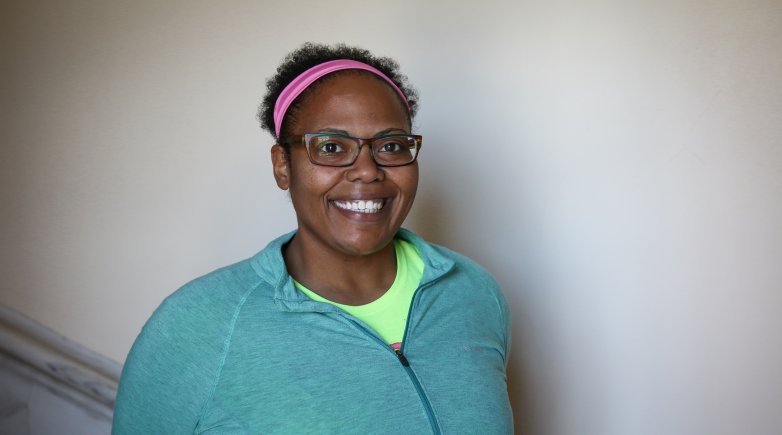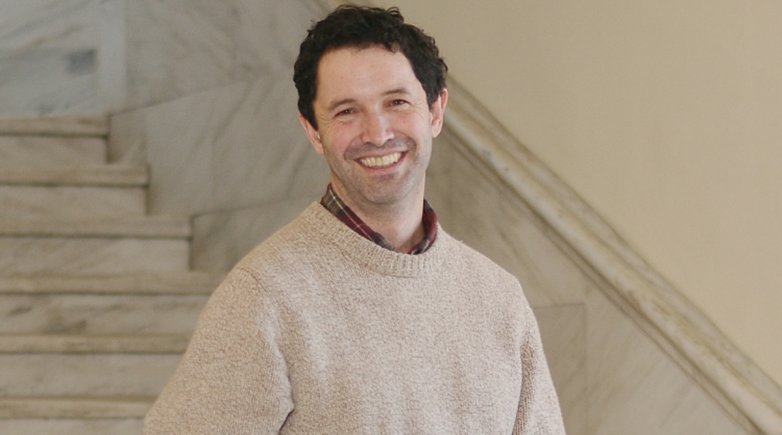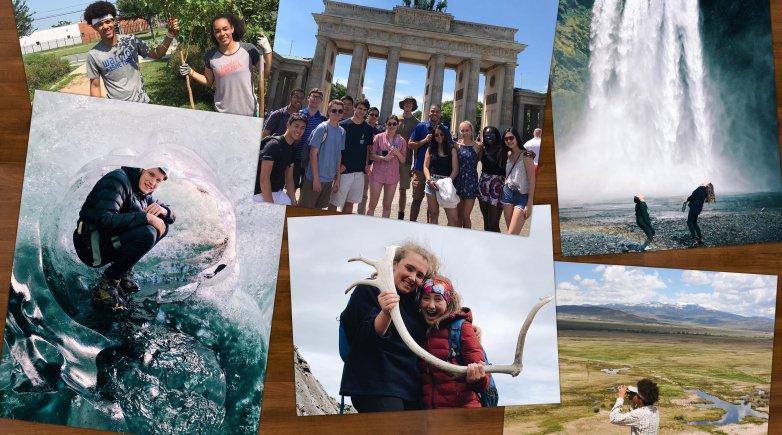What we're reading: Courtney Marshall
The English instructor's list includes books about slavery and cooking, a happier future and Queen Bey.
You could say that English Instructor Courtney Marshall’s love of a good story is an inherited trait. “There are lots of people in my family who don’t read, and some who can’t, but their storytelling abilities shaped me,” Marshall says. “My earliest memories are going to the public library with my grandma.”
This summer, Marshall is sharing her passion for the literary arts by volunteering at the New Hampshire Humanities Council and leading a discussion group at the Northern New Hampshire Correctional Facility in Berlin, where she’s been working with incarcerated readers for six years. Between those activities and teaching free outdoor Aqua Zumba classes, Marshall plans on cracking a book or two. In the second installment of our faculty reading list series, we take a peek inside her book bag:
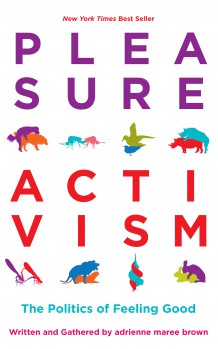 Pleasure Activism: The Politics of Feeling Good, by Adrienne Maree Brown
Pleasure Activism: The Politics of Feeling Good, by Adrienne Maree Brown
“I’ve been studying Brown’s earlier book, Emergent Strategy, for a few years now, and it’s made me a more innovative organizer and thinker. It’s hard work though, and this book argues that changing the world can be fun. One question the book asks, 'What is the most pleasurable possible future you can imagine?' It’s a great book to start the summer off.”
 The Lemonade Reader, edited by Kinitra Brooks
The Lemonade Reader, edited by Kinitra Brooks
“Ms. Brickhouse and I are co-teaching a course on Beyoncé this winter, and this book is a collection of essays exploring her 2016 album, Lemonade. The book covers topics like religion, grief, and southern identity. I like seeing what the newest generation of feminist scholars are thinking and writing about! Besides, I love everything related to Queen Bey.”
Bound to the Fire: How Virginia’s Enslaved Cooks Helped Invent American Cuisine, by Kelley Fanto Deetz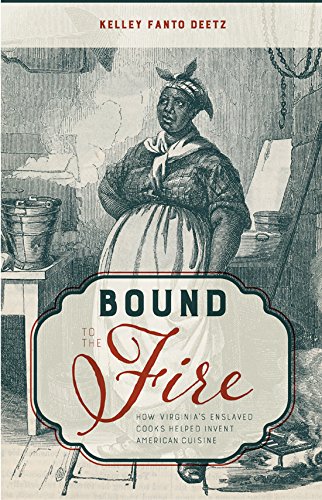
“I’m doing a dream research project this summer on slavery and cooking. I’m intrigued by the rhythm of the kitchen and the lives of the people who toiled in them. I’ll be reading about cooking methods and making dishes.”
